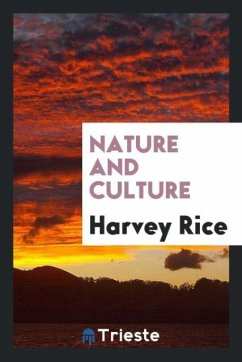Standing for Nature is an essential resource for environmental lawyers, policy makers, and advocates. It offers a blueprint for creating, implementing, and safeguarding rights of Nature laws. Granting rights to nature has the potential to expand environmental protections, strengthen indigenous rights, promote environmental justice, and alter how humans relate to nature. Despite these promises, rights of Nature laws have met with greater resistance in some countries than in others. This book looks closely at four examples--New Zealand, Colombia, Bangladesh, and the United States--to bring together valuable lessons for proponents of the rights of Nature movement around the world.
Hinweis: Dieser Artikel kann nur an eine deutsche Lieferadresse ausgeliefert werden.
Hinweis: Dieser Artikel kann nur an eine deutsche Lieferadresse ausgeliefert werden.








